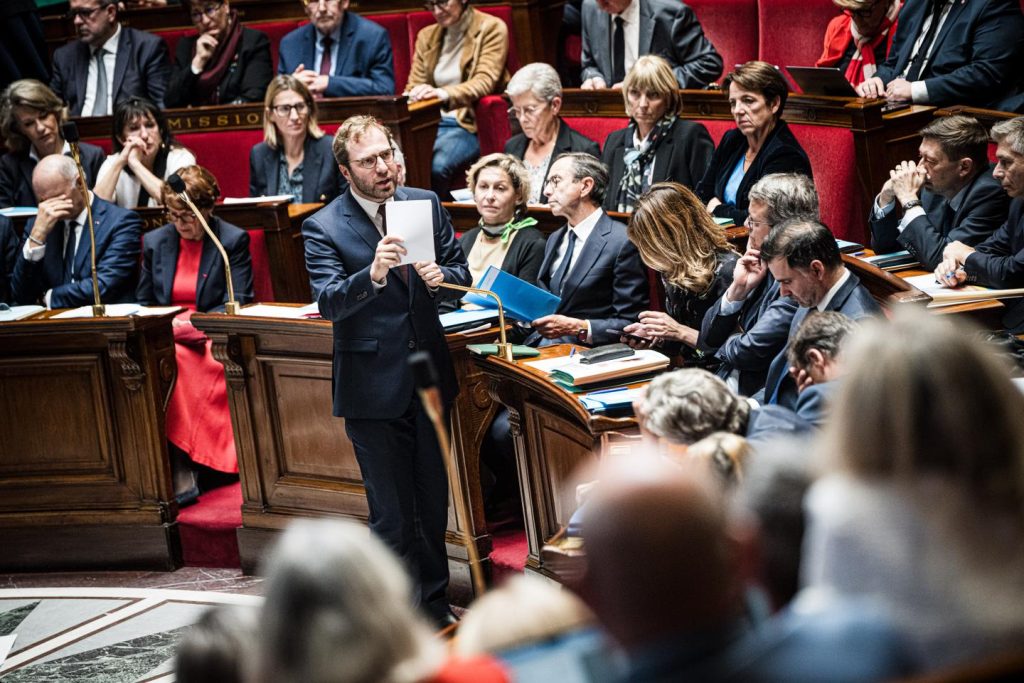The National Assembly is currently examining the 2025 budget, with nearly 1,800 amendments filed concerning revenue. There is widespread discontent over the government’s budget choices, with criticism coming from various political parties. Despite opposition, the government is focusing on improving public finances, aiming to reduce the significant deficit of 6.1% of GDP in 2024 by making 60 billion euros in savings for 2025, with two-thirds coming from spending cuts and one-third from tax increases. This approach has led to some distance between the government and its supporters, with some feeling like opposition rather than allies.
To achieve the necessary savings, the government is considering temporary tax increases on both businesses and households. This includes a special tax on large companies, a temporary tax on high incomes, a tax on share buybacks, increased penalties on new gasoline and diesel cars, and higher taxes on energy, including electricity. However, according to the High Council of Public Finances, 70% of the deficit reduction planned by Michel Barnier relies on increased compulsory levies. This approach has led to dissatisfaction among Macronist MPs who are traditionally opposed to tax hikes, leading to a strained relationship between some government allies and the budget proposal.
The Right Republican group, led by Laurent Wauquiez, has been the most active in proposing amendments, highlighting their opposition to unpopular measures that may impact the middle class and retirees. They are against new taxes and believe that reducing expenses is the solution to excessive deficits. Similar sentiments are echoed by the National Rally, who find the 2025 budget unacceptable and have even prepared a counter-budget. The lack of group discipline and the freedom to propose amendments have allowed for various opinions within the government coalition, with some members taking a more oppositional stance than expected.
Despite the government’s efforts to address the deficit through a combination of spending cuts and tax increases, there is strong resistance from various political factions within the National Assembly. The Commission on Finance is facing a challenging task in navigating these conflicting viewpoints and reaching a consensus on the budget proposal. The coming days will be crucial in determining the fate of the 2025 budget, with debates and negotiations expected to continue as different parties and MPs seek to have their voices heard and their concerns addressed within the budget framework. The outcome of these discussions will have significant implications for the government and the country as a whole, shaping the economic policies and priorities for the coming year.


